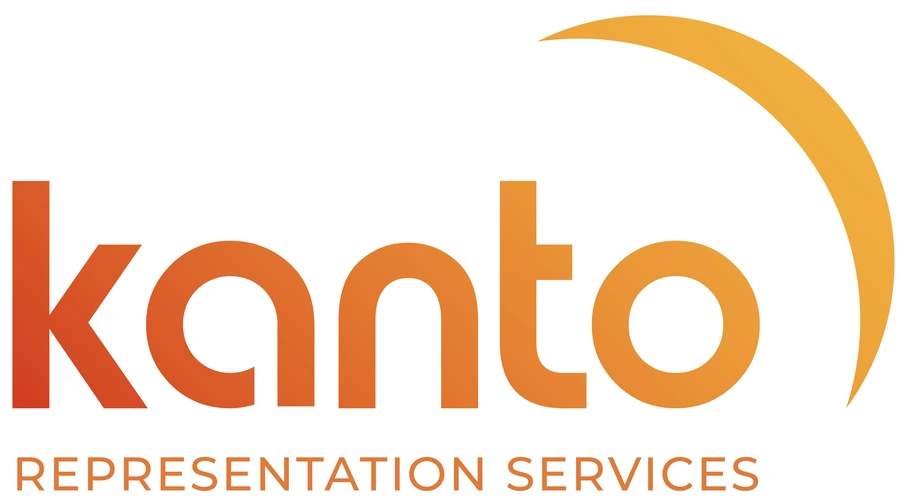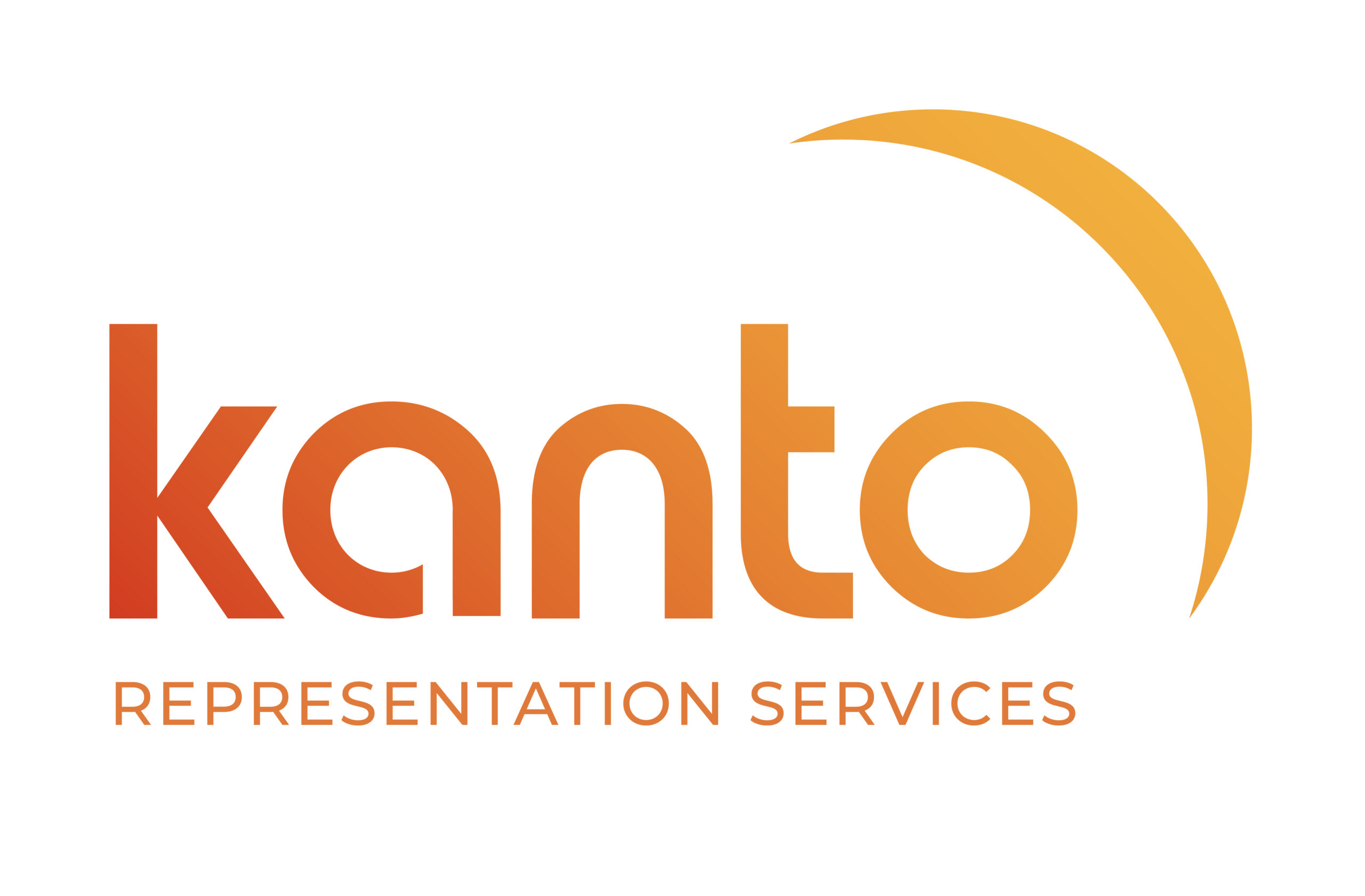The way businesses connect with customers has changed a lot, offering new opportunities but also presenting new risks. To address this evolving landscape, the European Union (EU) has introduced the Digital Services Act (DSA), a pioneering regulatory framework aimed at governing digital platforms and services.
Although the DSA mainly targets EU Member States, its effects reach companies worldwide, including those in the United States. This article examines how the DSA impacts U.S. businesses and provides a step-by-step guide to help U.S. companies determine its relevance to them.
1. Understanding the DSA
The DSA aims to create a new regulatory structure for online service providers. It targets online “intermediary services providers” that facilitate the transmission or storage of third-party content for users. This category includes providers such as:
- Mere conduit services: these services essentially refer to the transmission of data between users without altering the content itself, and encompass services such as internet exchange points, wireless access points, virtual private networks (VPNs), and domain name system (DNS) services.
- Caching services: these services involve the temporary storage of data to facilitate quicker access and reduce server load, and include services such as content delivery networks (CDNs), reverse proxies, and content adaptation proxies.
- Hosting services: these are services that involve storing information provided by (and at the request of) a service recipient, including for example web hosting and cloud services.
- Online platform: this is a type of hosting service that stores and disseminates information to the public at the user’s request. Examples include social media platforms like Facebook and Twitter, and online marketplaces like Amazon and eBay.
- Online search engines: these are tools that help users search for information online. Popular search engines like Google and Bing index web content and provide users with relevant search results based on their queries.
2. Impact on US Companies
The DSA has an extraterritorial reach, meaning that even if a company is not physically based in the EU, it must still comply with DSA rules if it provides services to individuals or businesses within the EU. This obligation applies to companies outside the EU that have a “substantial connection” to the EU. A company is considered to have such a connection if it:
- targets its activities towards one or more EU Member States; or
- has a significant number of users/recipients in one or more EU Member States;
The DSA does not specify a minimum number of users to determine its applicability. Therefore, U.S.-based companies must carefully evaluate their business operations, market focus, and user base within the EU. It is advisable to do this with the help of a legal expert. Key factors to consider include the nature of business activities, transaction volume, language, currency, website domain, and user demographics in the EU or a particular EU Member State.
3. DSA obligations
If your US-based business provides any of the services listed in section 1 to users, and has a “substantial connection” with the EU, as described in section 2, it’s likely that the DSA applies to your operations. The next step is to understand which specific rules and responsibilities are relevant to your business.
The DSA imposes specific obligations on all types of intermediary services, regardless of their size. One such obligation is the requirement to appoint a point of contact and a legal representative within the EU.
- Point of contact. Establishing a single point of contact for communication with the supervisory authorities, as well as a single point of contact for communication with the recipients of the services.
- Legal representative. Establishing a legal representative in the EU (for providers of intermediary services which do not have an establishment in the EU).
Conclusion
Feel free to get in touch with us for a 30-minute free consultation to discuss our representation services and how we can help you.
Image by Brgfx on Freepik


